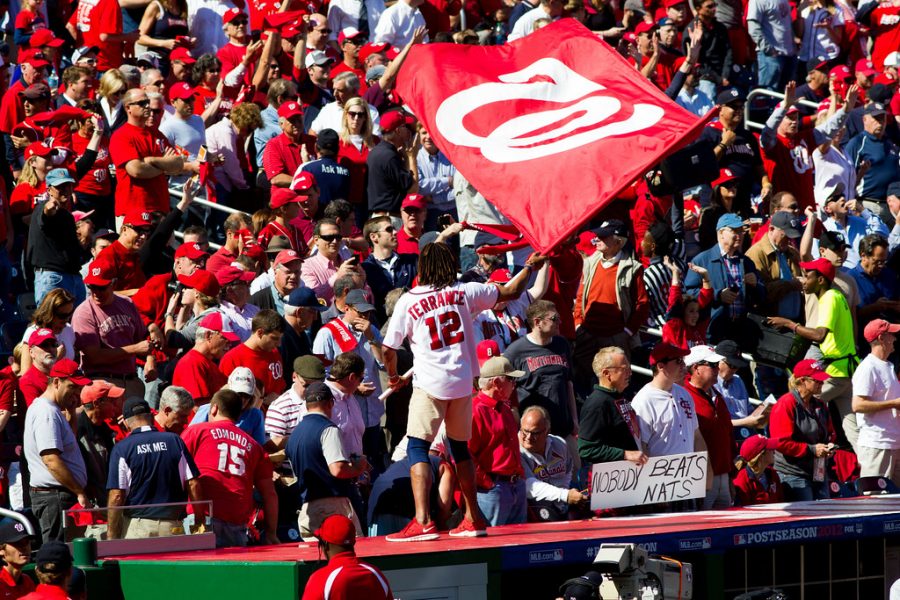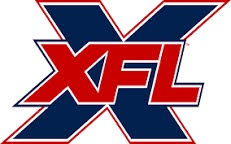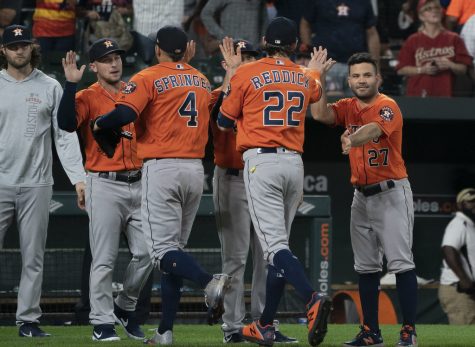The Case for Firing Martinez
The Nationals season has been a disaster. There is no other way to put it. The Nationals are an extremely bad baseball team by many measures. Their record of 19-31 is tied for the fourth-worst in the entire MLB. They’re getting outscored by over half a run a game, a cumulative measure that comes out to -32, ranking 20th in the MLB. They suck.
In a season that has been a dumpster fire like this one, there are multiple culprits. For the Nationals, the problems range from a shaky back of the rotation, inconsistent hitters, a plethora of injuries, and of course, an absolutely putrid bullpen.
All those issues can’t be put on Martinez, but his missteps are incredibly apparent and they don’t seem to be getting any better. Something you hope to see in players and in managers is improvement, the ability to display growth. There has been little to no growth in Martinez’s development as an MLB manager, specifically in his bullpen management.
The Nationals jaw-dropping bullpen ERA of 6.20, by far the worst mark in the league. A lot of those issues can be traced back to some risky moves that were made by General Manager Mike Rizzo, such as the decision to trust Trevor Rosenthal or rely on Matt Grace as a key lefty arm out of the pen, but Martinez has been abysmal in his use of relief pitchers.
The issues have been slightly masked this year due to the simple fact that the majority of Martinez’s errors have come in wins that obscured his shortcomings. And no, to all those who will say “well they won the game!”, the process matters just as much, if not more, than the results and over a 162 game season, the results will eventually match the process and when that happens, there’s a chance this bullpen gets worse.
As a young manager, Martinez has a short hook with relief pitchers, often pulling them after they put two men on base even if the Nationals have a substantial lead. One reliever who’s seen that short hook is Kyle Barraclough, who has a tendency to put runners on but still escape innings without giving up a great deal of damage. On April 21st, Barraclough came in with a five run lead in the 9th. He struck out two men and then walked two. There were two outs in the inning and he was going to face Starlin Castro, who so far this year is batting .225. Martinez pulled the hook on the righty to bring in Sean Doolittle. Doolittle gave up a single, and while it wouldn’t be fair to fault Martinez on that, it is fair to question why he was so jumpy with two outs and a miserable hitter at the plate. Because of that, Doolittle had to throw on a day he should have been able to rest, all because Martinez got cold feet and yanked Barraclough for absolutely no reason.
On the other hand, Martinez often will let relievers stay in after it is clear they don’t have it and are getting rocked out. While some of that is due to his desire to save arms for another day, it often leads to insurmountable deficits for the Nationals that they come close to overcoming in late inning rallies.
Martinez also seems incredibly indecisive in his bullpen usage, warming up pitchers that never enter the game frequently. This has been an issue since last year, as it was detailed in a Washington Post story on the subject. Warming up is a solid amount of work for pitchers and getting them to warm up without ever using them can cause arm injuries and tire out relievers for no reason. A good example can be seen in May 15th’s game against the Mets, where before the ninth inning, Martinez warmed up both Sean Doolittle and Wander Suero. Doolittle hasn’t pitched in a few days and giving him some work, even in a non-save situation, was a good idea. Why warm up Suero? Even if the lead increases, it’s not a bad idea to use Doolittle in that situation and instead, the right hander warms up and fails to enter the game, the same issue last year’s bullpen brought to Martinez.
Even though his bullpen usage is less than ideal, that is by no means the worst aspect of Martinez’s managerial tenure. He accepts absolutely no responsibility for the failures of his players. A good manager does not leave his players out to dry and rather takes the blame for them, but Martinez has repeatedly thrown his relievers under the bus, stating that the game plan is solid and the fault lies on the players. However true that might be, no manager should publicly disavow any responsibility for the players he coaches on a daily basis. It is a cowardly action by Martinez, one that reduces his credibility in the clubhouse among players who now have to worry about the loyalty their manager feels for them. This trend has been there since last year, as Davey said about his young pitchers, “they’re going to get an opportunity to pitch…they have to realize that if they want to be here, they have to get outs.” He did it again this year with righty Wander Suero, saying, “I thought he would throw him another cutter or a changeup. His curveball is his fourth best pitch, so.” These doubts are perfectly fine to raise in a private bullpen meeting or in a conversation with the pitcher himself, but leaving out these players to dry serves no purpose than to absolve Martinez of blame.
In addition to all this, Martinez has also stressed defense and fundamentals all year. That has been the drum he has decided to bang since spring training, choosing to emphasize it to players and the press down in Florida. Right now the Nationals have the worst defensive efficiency in the entire MLB at .666. At some point, the blame has to go somewhere and now it must go to the manager if the Nationals have any chance of turning this around.
The bright side is that 120 games are left in this season, but it has to be clear, 200 games into the job, that Davey Martinez is not the right man for this job. The limited success Washington has had this year has occurred in spite of their manager, rather than him, and bringing in a new face could be the spark the team needs to make a run and win a wide-open NL East.
*Stats as of May 21st

Varun Shankar is a senior at Dominion High School. He has always wanted to be a journalist, largely because of its writing focus. His love of sports then...







